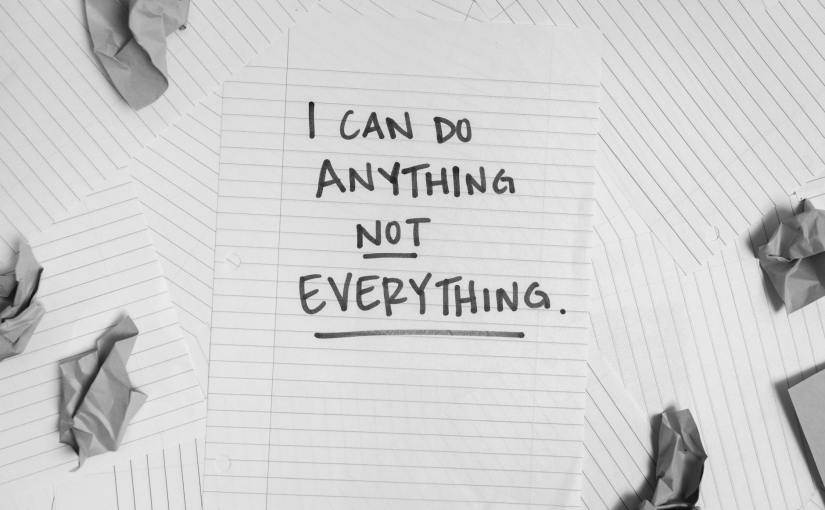Today I am asked what’s a job I would like to do for just one day?
I got my first job as a teenager, and I’ve pretty much been employed ever since, except for a few years when I was going to college full time under a grant. I still remember the first week at my first job. I hated everything about it. My feet were killing me from being on them all day. I remember going home and asking my mom, is this all there is to life? Just getting up every day and going into a job to earn a paycheck? She said, I guess so. That’s what everyone does. I said to myself that very first week, this place isn’t for me. I’m getting out of here as soon as I possibly can. Years later, I was still there doing the 8 to 5 thing, and barely paying the bills on my meager paycheck. Luckily, I didn’t have too many bills back then and there was family around, or I would have starved to death.
That’s my experience with jobs, so I’m leaning toward there being no job I would like to do for a day. What I would like to do is have no job and still get by, but unfortunately, you have to pay someone to stay alive in this world, which requires a steady source of income. Also, if there was a job I liked doing, I’d probably want to do it everyday, not just for one day. All this considered, there used to be a kind of job I sort of liked.
A few years ago, when I was earning my MBA, I started a corporation for fun, just to figure out how it all worked. I had a plan to launch a hosting business using it. The real fun part though, at least for me, was studying how to set up and run a corporation. It dramatically improved my knowledge of how businesses operated. Unfortunately, the business didn’t take off, so I’ve been filing annual tax paperwork on a company that I will eventually shutdown.
The real objective of this whole endeavor, and maybe even why I pursued an MBA, is because I wanted a particular type of job. I wanted to be a business owner. When you own a business, at first it’s a lot of hard work, but eventually, if it works as planned, you find yourself the CEO of a lucrative company. At that point, your income mostly comes from leadership and exercising your stock options.
Being a CEO seemed like a dream job to me back then, but it never panned out. The thing I learned is you really have to have an incredible product or service to sell, preferably a unique one, so that you can have the first mover advantage. Otherwise, you are going to find yourself in a flooded and highly competitive market.
During this discovery process, I realized the real reason I liked the CEO job, and decided there were other similar jobs. I liked the CEO job because it had the potential of allowing you to exit the rat race. Basically, it is a property ownership job. You invest time and money into a business, it eventually pays it’s own bills, and you start receiving an income from your investment.
Fortunately, there are other jobs based on the property ownership idea, and pretty much all of them are attractive to me. This is another reason why being an author calls to me so strongly. A book is basically a type of property. You own the copyright to it, and every time someone buys a copy, you get some of that purchase in royalties. It’s basically like a kind of mini business. Unfortunately, the book has to sell to a lot of people, and keep selling for years to come. Of course, you can always churn out new books with all the free time you have living off the royalties, but the books really have to be a hit to keep going.
The short answer is, the job I want to do most is property ownership. It is the only true way of escaping the dreaded rat race, so you can actually experience life and start doing your own thing.
What job would you like to do most? What was your first job like? Have you ever started a business? Do you desire to be an author? What other property based incomes can you think of? Do you have experience creating passive income streams? Do you have any advice on how to escape the rat race? What’s the key to living the good life? Let me know in the comments, and don’t forget to like, share, and subscribe!













You must be logged in to post a comment.